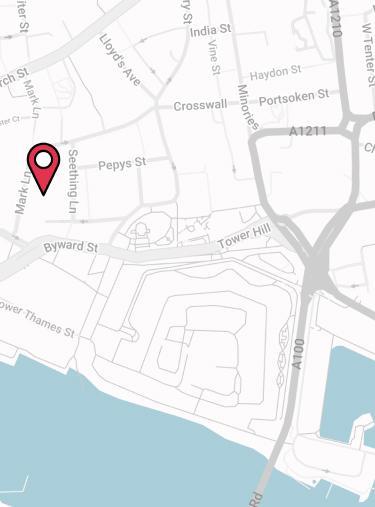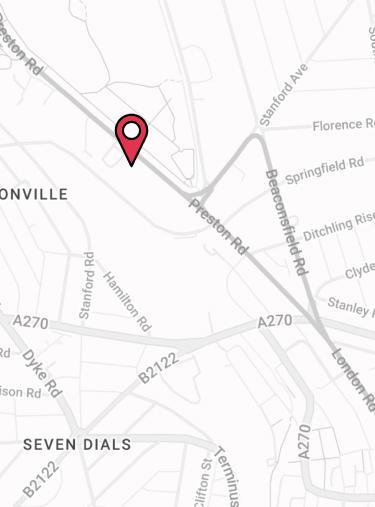Can I Use Equity Release to Reduce My Inheritance Tax Bill?
I’ve lived in my home for 40 years and have seen the value increase significantly over that period. As I’m getting older, my thoughts have turned to the potential inheritance tax bill on my home and other assets when I pass away as combined they’re over the inheritance tax threshold. I’ve read about equity release or lifetime mortgages reducing inheritance tax – is this a viable option?
Equity release / a lifetime mortgage – which are two sides of the same coin – may be one weapon in your arsenal for reducing your inheritance tax bill if you also take the time to update your Will to ensure that you optimise the opportunities to minimise inheritance tax.
As a single individual, you must pay inheritance tax on all assets worth in excess of £325,000 at the date of your death. This allowance is known as the ‘nil-rate band’ because below this threshold no inheritance tax is due. Above this, inheritance tax is charged at 40% on all assets worth more than £325,000.
What is Equity Release?
Equity release is a way of releasing the value locked up in your property. If you’re over 55, you can take out a loan against your home and receive the cash proceeds from this.
Unlike a regular mortgage, there’s no fixed end date – you don’t have to repay the loan until you pass away or move into long-term care.
When this happens, your home is sold and the amount you owe the provider is repaid from the proceeds.
Equity Release and Inheritance Tax
As the equity release provider owns part or all of your property depending on how much equity you’re looking to release, utilising equity release means making a decision about how you want to pass your home to your descendants.
If it’s important to pass your home, intact, to the next generation then equity release won’t work as the property must be sold when you die to settle the outstanding mortgage.
It’s also worth mentioning that your total estate – including cash in the bank, such as the proceeds from equity release – will be valued at the date of your death. This means if you release equity from your property and don’t spend the proceeds before you pass away, this cash will be taxed at 40%.
To avoid inheritance tax on the cash, you’d have to gift it to descendants and live for 7 years – and potentially up to 14 years – for those gifts to not attract any inheritance tax. This is obviously hard to predict, needs specialist advice and careful tax planning.
Taking out gifts inter vivos insurance may be an option if you’re concerned you may not live long enough after gifting away any significant asset(s) worth in excess of the inheritance tax threshold.
Gifts inter vivos insurance will pay out the outstanding inheritance tax bill due on a gift you make in your lifetime if you don’t live long enough after making it for that gift to be exempt from inheritance tax.
Main Residence Nil-Rate Band
It’s also worth mentioning that the 2017/18 tax year saw the introduction of the main residence nil-rate band.
This adds to your £325,000 nil-rate band when you pass your home to direct descendants (children, grandchildren). It started off being worth £100,000 and will stand at £175,000 by the 2020/21 tax year. Thereafter, it will rise with CPI inflation.
This means that, by 2020/21, a single individual can pass on an estate, including their main residence, of £500,000 before any inheritance tax is due.
For a married couple / pair of civil partners, providing whoever dies first leaves everything to their spouse in their will, they can double this nil-rate band to £1 million by 2020/21.
Unless you have assets worth more than this, you may not face an inheritance tax bill or need equity release to avoid inheritance tax after all. As always, if in doubt, it’s always best to seek specialist advice.
Frequently Asked Questions
What's the Inheritance Tax Rate in 2025?
Can I Avoid Inheritance Tax on the Family Home?
When Do You Start to Pay Inheritance Tax and is There a Limit?
What's the Inheritance Tax Threshold for Married Couples?
We Have No Children – Can We Still Make Use of the New Main Residence Allowance?
Contact Us
125-135 Preston Road
Brighton
BN1 6AF
Cookies
Drewberry™ uses cookies to offer you the best experience online. By continuing to use our website you agree to the use of cookies including for ad personalization.
If you would like to know more about cookies and how to manage them please view our privacy & cookie policy.



